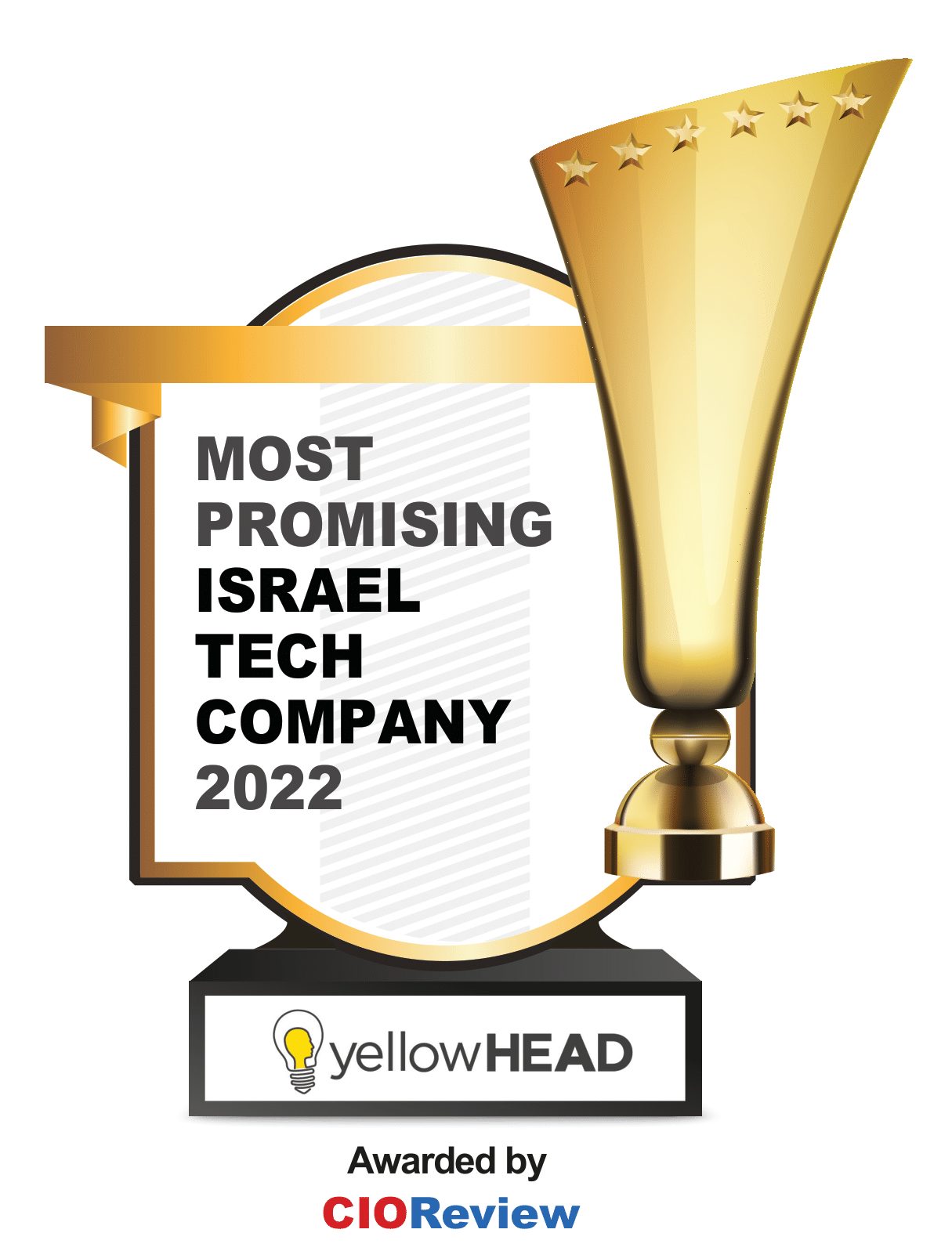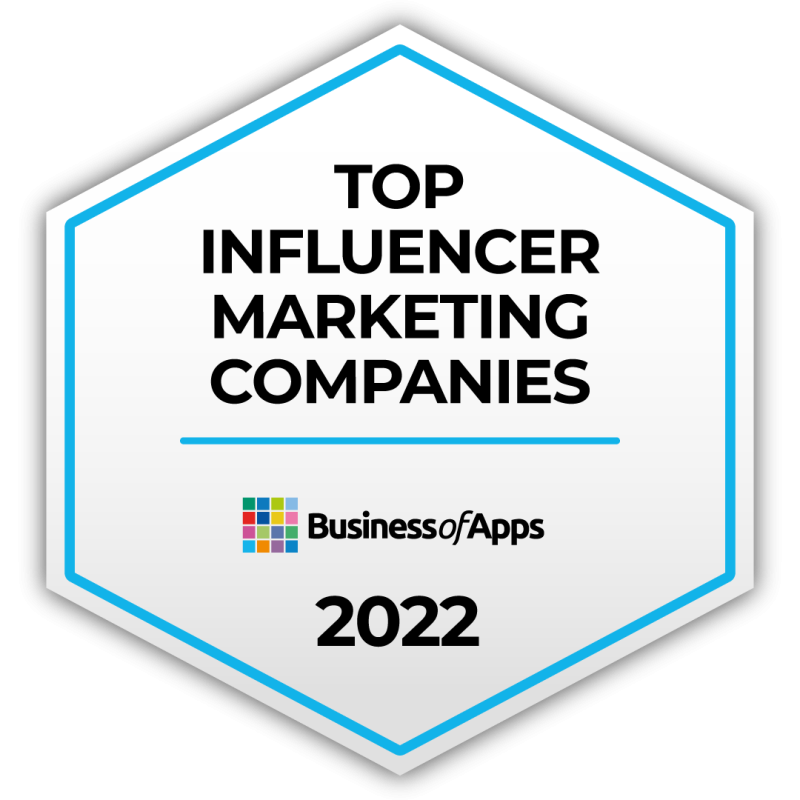The Evolution of SEO: From Keywords to AI-Driven Search Optimization

SEO has changed a lot. It has moved from simple tactics to a smart, AI-driven strategy. This new approach helps brands connect better with their audiences. As search engines evolve, so do the strategies needed to stay ahead of the competition.
Whether you’re an SEO pro, a digital marketer, or a business owner, understanding this seo evolution is key to winning in the online world. This article explores SEO’s transformation, major milestones, and the trends defining its future.
The Birth of SEO: From Meta Tags to Keywords (1990s-2000s)
SEO began in the early days of the internet, when search engines like AltaVista and Lycos dominated. Ranking high was as simple as stuffing keywords into meta tags and web pages. While effective at the time, this led to manipulated search results and a poor user experience.
Everything changed when Google came into the market in the late ‘90s. They introduced PageRank, a google algorithm that looked at link quality and quantity instead of just keyword use. This shift phased out keyword-stuffing and introduced backlinks and content relevance as key ranking factors. As search engines became more sophisticated, SEO evolved beyond simple tricks into a more strategic discipline.
The Google Era: Algorithm Updates and Their Impact
As Google’s dominance grew, its algorithm updates became increasingly impactful. The Panda update, rolled out in 2011, targeted low-quality and thin content, while the Penguin update, released in 2012, penalized websites engaged in manipulative link-building practices. These updates underscored the importance of creating valuable, user-focused content and building a natural, authoritative link profile.
Later algorithm changes, like Hummingbird in 2013 and RankBrain in 2015, improved Google’s ability to understand what users want. This helped deliver more relevant search results. The emphasis shifted towards semantic search, prioritizing context and meaning over exact keyword matches.
This change made SEO professionals take a broader approach. They now focus on topics and user experience instead of just keywords.
The Rise of User Intent and Semantic Search
In the early days, SEO focused on matching keywords to search queries. But as search engines advanced, the focus shifted to user intent—delivering results based on meaning, not just words.
This evolution was powered by natural language processing (NLP) and semantic search. Instead of analyzing words in isolation, search engines now understand context and relationships, making results more accurate and relevant.
SEO strategies adapted—rather than just targeting keywords, professionals had to optimize for topical relevance and entity relationships. This meant creating deep, informative content that fully answered user queries, reducing bounce rates and improving engagement.
The rise of semantic search and NLP has changed SEO into a quality-first field. Now, success relies on depth, clarity, and user satisfaction, not just on keyword placement.
Mobile-First Indexing and the Importance of User Experience
In today’s mobile-driven world, Google’s 2018 mobile-first indexing update was a game-changer. It prioritized mobile versions of websites for indexing and ranking, making a seamless mobile experience essential for SEO success.
As mobile searches grew, websites had to change quickly. They needed to be ready for small screens, touch controls, and different network speeds. Google placed greater emphasis on page speed, accessibility, and responsive design, making these critical ranking factors.
Fleexy found that even a one-second delay in mobile load times can cut conversion rates by up to 7%.
To stay competitive, websites must prioritize faster load times, seamless navigation, and mobile-friendly content as part of their SEO strategy.
Beyond speed, user engagement metrics like dwell time and bounce rates became key indicators of a strong mobile experience. Websites that focused on mobile first saw significant SEO gains, they outranked competitors and improved their organic visibility, according to OnCrawl.
💡 The takeaway? If your site isn’t mobile-friendly, your rankings—and conversions—are at risk.
Voice Search and Natural Language Processing
With Siri, Alexa, and Google Assistant becoming popular, voice search has changed SEO. It has altered how users interact with search engines. Instead of typing fragmented keywords, people now speak in full sentences and natural language, expecting instant, relevant responses. This shift has made voice search optimization essential for websites looking to stay competitive.
At the core of this transformation is Natural Language Processing (NLP), which enables search engines to understand context, intent, and conversational patterns. As AI search improves, websites need to adapt.
They should focus on content that matches the search intent. This means answering direct questions and using structured data. These steps can help them get featured in search results.
Optimize for Voice Search
Unlike traditional text searches, voice queries are more conversational, longer, and often phrased as questions. To rank well, websites need to give clear and concise answers. They should optimize for featured snippets, and structuring content with headings, bullet points, and lists helps with easy readability.
Schema markup and structured data further enhance visibility, helping search engines interpret context and meaning more effectively.
As voice assistants get better, websites that use voice search optimization will do well. They should structure their content for clear, direct, and conversational answers. This will increase their chances of being chosen as the best answer.
💡 The takeaway? If you’re not optimizing for voice, you’re missing out on a growing audience.
AI-Driven SEO: Generative and Answer Engine Optimization
The rise of AI and machine learning in search algorithms has transformed SEO, shifting the focus from keyword-based optimization to answer engines and AI-generated content.
One of the biggest advancements is generative AI, which uses natural language processing (NLP) and machine learning to create human-like, scalable content. While it streamlines content creation, it also raises concerns about authenticity and originality in SEO.
To thrive in this AI-driven world, SEO practitioners must optimize for answer engines as well, which deliver direct answers using AI. This means focusing on featured snippets, knowledge panels, and structured content that AI systems can easily extract and summarize.
Generative Engine Optimization (GEO) is an emerging practice that helps entities appear in AI-driven responses, such as chatbots, virtual assistants, and answer engines.
Techniques include entity optimization, structured data markup, and conversational query optimization to align with AI-powered search behavior.
The Future of SEO: Predictions and Emerging Trends
SEO is no longer just about ranking on search engines—it’s about adapting to an evolving search landscape. As user behavior shifts and technology advances, these trends will define the next era of SEO:
- AI-Generated Search Results: Google’s Search Generative Experience (SGE) is reshaping search, relying more on AI-driven summaries than traditional blue links. SEO must evolve from keyword-driven strategies to AI-curated content optimization.
- Multimodal Search: Users are now searching with voice, images, and video. Platforms like Google Lens and multimodal AI search mean SEO strategies must expand beyond text-based optimization.
- Zero-Click Searches & Direct Answers: More searches end without a click as Google delivers instant answers via featured snippets, knowledge panels, and AI-generated responses. The challenge? Becoming the source that AI pulls from.
- Search Experience Optimization (SXO): The way users interact with search results and content will be as important as ranking itself. Engagement signals, page experience, and intent-driven interactions will shape SEO more than ever.
Search Experience Optimization: A New Era
SEO is evolving beyond rankings—Search Experience Optimization (SXO) is becoming a defining factor in digital success.
SXO blends SEO, user experience (UX), and conversion rate optimization (CRO) to ensure a seamless journey from search to action. Instead of just driving traffic, it focuses on how users convert, engage, and interact—whether they’re reading an article, making a purchase, or signing up.
As Google prioritizes engagement signals, page experience, and Core Web Vitals, SEO professionals must go beyond traditional tactics to create frictionless, user-centric landing page experiences across multiple touchpoints and devices.
💡 The takeaway? SEO success isn’t just about ranking—it’s about delivering an experience that keeps users engaged and drives action.
Implementing Modern SEO Strategies & The Role of Expertise and Human Input
In today’s digital world, AI is important for SEO, content creation, and keyword research. Tools like ChatGPT and Google’s Gemini are leading the way. But AI alone isn’t enough—human expertise and E-E-A-T (Experience, Expertise, Authoritativeness, Trustworthiness) are key for long-term success.
Leveraging AI for SEO Success
AI can analyze data, uncover insights, and optimize strategies. Here’s how to use AI for SEO effectively:
- Competitor Analysis: AI scans competitor content, identifies gaps, and provides actionable insights
- Content Creation & Optimization: AI generates ideas and drafts, but human oversight ensures accuracy and credibility.
- User Experience Enhancement: AI detects behavior patterns to reduce bounce rates and boost engagement, improving Core Web Vitals.
Why Human Expertise & E-E-A-T Matter
While AI boosts efficiency, SEO still requires human insight. AI-generated content must be fact-checked, optimized for clarity, and aligned with brand messaging. More importantly, Google rewards content demonstrating real-world experience, expertise, authority, and trust (E-E-A-T).
At yellowHEAD, we combine cutting-edge AI with strategic human input, ensuring that while AI drives efficiency, the human touch creates impact.
The Role of Content in Modern SEO
Content remains the foundation of effective SEO, but today, how you structure and optimize it matters just as much as what you write. As search engines evolve, so does the need for high-quality, relevant, and engaging content—but now, brands must go beyond simple keyword strategies to align with AI-driven search and user intent.
Branded vs Non – Branded Terms & Content Types: Finding the Right Balance
A good SEO strategy uses branded terms and informational content. This helps reach target audiences at different stages of their search journey.
- Informational Content: Targets users searching for educational or industry insights (e.g., “How does AI impact SEO?”). This builds authority and credibility while increasing organic traffic.
- Conversational Content: This type of content aims to engage readers and feel relatable. It uses a tone that sounds like natural speech. It also works well for voice search optimization. For example, a user might ask, “What’s the best way to improve my SEO with AI?”
- Top-of-the-Funnel (TOFU) Articles: These articles attract early-stage users. They look for broad and informative content, like “Beginner’s Guide to AI SEO.” These articles establish trust and guide users toward deeper engagement.
- Middle-of-the-Funnel (MOFU) Content – This targets users who are looking for solutions. For example, “How AI SEO Can Boost Your Search Rankings.” MOFU content bridges the gap between awareness and decision-making, guiding users toward deeper engagement.
- Bottom-of-the-Funnel (BOFU) Content focuses on content that drives conversions. It helps users make decisions. An example is “Why AI-Driven SEO is Essential for Your Business.” This includes case studies, product comparisons, and testimonials that reinforce expertise and trust.
- AI-Generated Overviews (AIO): As Google and ChatGPT use AI for search results, it helps to structure content clearly. Use clear headings, bullet points, and direct answers. This increases the chances of being included in AI-powered responses.
The Importance of Technical SEO
Technical SEO is the backbone of search optimization, ensuring your site is fast, mobile-friendly, and secure (HTTPS) for both users and search engines. A well-structured website improves crawlability and indexing, helping search engines understand your content.
Key elements include:
- Site Architecture: A clear structure, descriptive URLs, and schema markup improve navigation and context for search engines.
- Speed & Mobile Optimization: Faster load times and responsive design enhance user experience and rankings.
- Indexing & Crawlability: Ensuring search engines can easily access and understand your pages boosts visibility.
💡 Want to improve your website’s performance? Learn how to do an SEO audit to uncover technical issues and maximize your rankings.
The Impact of Social Media on SEO
Social media doesn’t directly impact rankings, but it boosts visibility, drives traffic, and enhances brand authority—all which support SEO success.
- Increased Content Reach: Sharing content on social platforms expands its audience, leading to higher engagement and potential backlinks.
- Brand Authority & Search Visibility: Active social profiles build trust, and often appear in search results, making brands easier to find.
- Traffic & Link Potential: Engaging content encourages shares and citations, which can strengthen SEO through referral traffic and natural backlinks.
Navigate the Future of SEO with YellowHEAD
SEO has evolved from keyword stuffing to AI-driven, user-first strategies. As search technology advances, staying informed and adaptable is key.
Success in SEO means optimizing for mobile, voice search, AI algorithms, and user experience—ensuring your content remains visible, relevant, and valuable.
💡 Want to future-proof your SEO? Let yellowHEAD help you stay ahead. Contact us today!




















